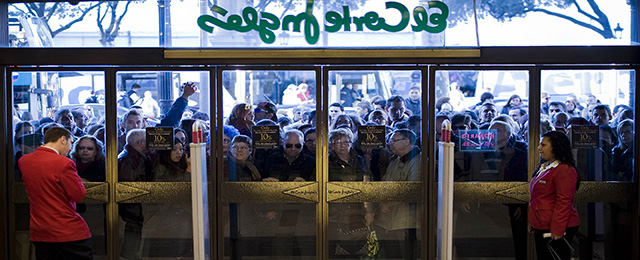El Corte Inglés is a shopping mall with a presence in all Spanish cities with over 100,000 inhabitants. They sell hundreds of items, competing with new specialized formats and have a cost structure typical of a bygone era.
The company´s main strength? Large purchasing power, something that its competitors in each sector have caught up on, but given its key position at the heart of Spanish retailing, El Corte Ingles have been traditionally able to set the benchmark. Also, the company has traditionally performed well on the back of high quality training for its vendors in customer service- something only sustainable in high margin businesses- and a financial independence based on its own results generation. In addition, El Corte Inglés boasts a large amount of real estate on its books, a questionable strategy, but one which helps margins, at least in appearance.
A few years ago, El Corte Inglés started testing new business strategies focused on gaining greater proximity to the customer, longer opening hours, investment in supermarkets and its own fashion brands. And yet, little-by- little it has lost its position as market leader in every segment: food, textiles, fashion, electronics, travel, furniture… It offers almost everything, but its competitors are specialized and offer lower prices.
Moreover, the corporate structures and governance style of the company is also singular and of questionable long-term sustainability. The Areces Foundation is the main owner, while employees and managers´ position as shareholders leaves the company´s share price in an arbitrary state of flux.
Aware of these problems and the need for renovation and modernization Isidoro Álvarez himself began to take steps in that direction, naming a new general manager and looking for some new board members who know how to negociate with banks. But Isidoro Álvarez died when he began to manage the change, which now needs to materialize without the authority and expertise of the old model.






Be the first to comment on "El Corte Ingles, a succession filled with uncertainty"